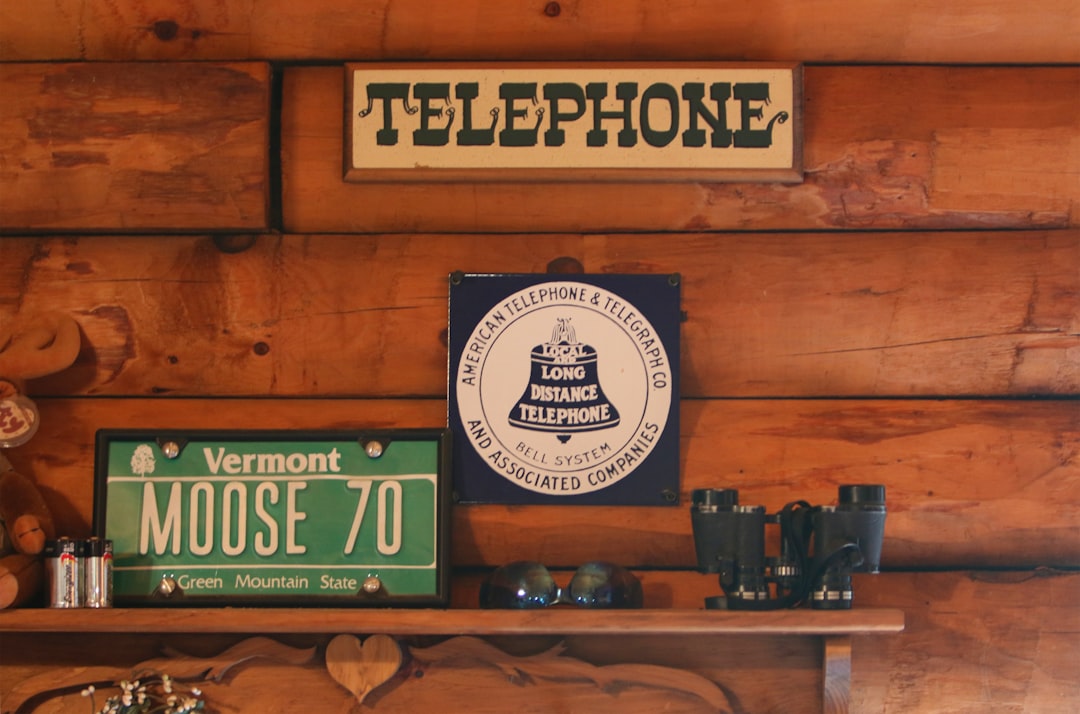Robocalls in Idaho are regulated by federal (TCPA) and state laws, addressing issues like excessive call volume, consent, and disclosure. Consumers can block and report unwanted calls using apps with caller ID and filtering features. Businesses must comply with Idaho's robocall Laws regarding explicit consent, opt-out rights, do-not-call lists, and clear opt-out methods to avoid penalties. Apps like TrueCall, Hiya, NoCall, and Robokiller empower users to protect against spam and political robocalls by leveraging Idaho's robust privacy protections and laws.
In today’s digital era, Idaho residents are increasingly plagued by intrusive robocalls. This article delves into the rising trends of automated phone calls in the state, exploring their impact and the legal framework surrounding them. We uncover common types of robocalls targeting Idahoans and provide a comprehensive list of top app recommendations to help combat and block these nuisance calls, empowering residents with tools to regain control over their communication channels. Understanding and navigating Idaho’s robocall laws is crucial in this fight.
Understanding Robocalls and Their Impact in Idaho

Robocalls, automated phone calls or messages, have become a prevalent and often unwanted part of daily life in Idaho, as they do across the nation. These calls, regulated by the Telemarketing and Consumer Fraud Prevention Act (TCPA) and other state-specific robocall laws in Idaho, can range from legitimate political campaigns or marketing efforts to deceptive or scam attempts. The impact of these calls is significant: they disrupt personal time, contribute to rising communication costs, and can even lead to increased consumer frustration and financial loss.
In Idaho, as with many states, the rise of robocalls has prompted legislative action. The Idaho Department of Attorney General plays a crucial role in enforcing robocall-related laws, ensuring that businesses comply with regulations regarding call volume, proper consent, and disclosure requirements. Consumers in Idaho have rights when it comes to blocking or reporting unwanted calls, and many apps are now available to help combat the influx of robocalls, offering features like caller ID, blocking, and filtering.
Navigating Robocall Laws in the State of Idaho

In the state of Idaho, navigating robocall laws is essential for both businesses and individuals to ensure compliance and protect their rights. The Telephone Consumer Protection Act (TCPA) sets national guidelines, but each state has its own variations and interpretations. Idaho’s robocall regulations focus on preserving consumer privacy and preventing unwanted phone marketing practices. One key aspect is obtaining explicit consent before placing automated calls, ensuring that recipients have the option to opt-out at any time. Businesses must also respect do-not-call lists and avoid making calls to numbers listed on these registries.
To stay within the robocall laws in Idaho, it’s advisable for companies to implement robust caller ID systems and voice validation processes. Additionally, providing a clear and easy way for recipients to opt-out or unsubscribe from future calls is mandatory. Consumers in Idaho have rights and protections under these regulations, allowing them to file complaints against violators. Staying informed about the latest updates in robocall laws is crucial, as modifications can impact how businesses conduct automated marketing campaigns.
Common Types of Robocalls Targeting Idaho Residents

In Idaho, like many other states, residents often face various types of robocalls, each with its own agenda. The most common include marketing and telemarketing calls, which often violate state laws regarding consent and do-not-call lists. These automated messages are designed to promote products or services and can be particularly persistent, despite consumers’ efforts to opt out.
Another prevalent category is political robocalls, which have become increasingly sophisticated with advancements in technology. These calls aim to influence voter behavior by sharing information or spreading misinformation. Given Idaho’s strict robocall laws, which mandate clear identification of automated callers and provide safeguards for residents, it’s crucial for both businesses and political campaigns to adhere to these regulations to ensure compliance and respect for local consumers’ privacy.
Top App Recommendations to Combat and Block Robocalls

To combat the growing issue of robocalls in Idaho, several apps have emerged as powerful tools to protect users from unwanted calls. One of the top recommendations is TrueCall, which uses community-powered call blocking and advanced AI algorithms to identify and block spam calls. This app not only filters out known robocallers but also learns from user feedback to improve its accuracy over time. Another popular choice is Hiya, offering a robust caller ID service that analyzes and flags potential robocalls in real time. With access to extensive global data, Hiya provides insights into call sources, helping users avoid malicious attempts.
Additionally, apps like NoCall and Robokiller have gained traction for their comprehensive solutions. NoCall allows users to register their phone numbers on a national do-not-call list and offers automated blocking features. Robokiller takes a proactive approach by actively hunting down and blocking known robocallers through advanced technology, ensuring a safer communication environment. These apps leverage Idaho’s robocall Laws to empower citizens and provide an extra layer of protection against unwanted and malicious calls.






